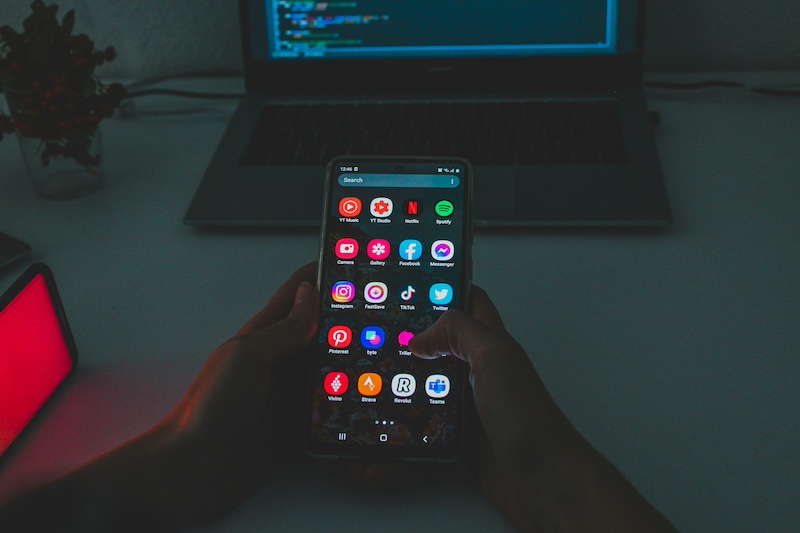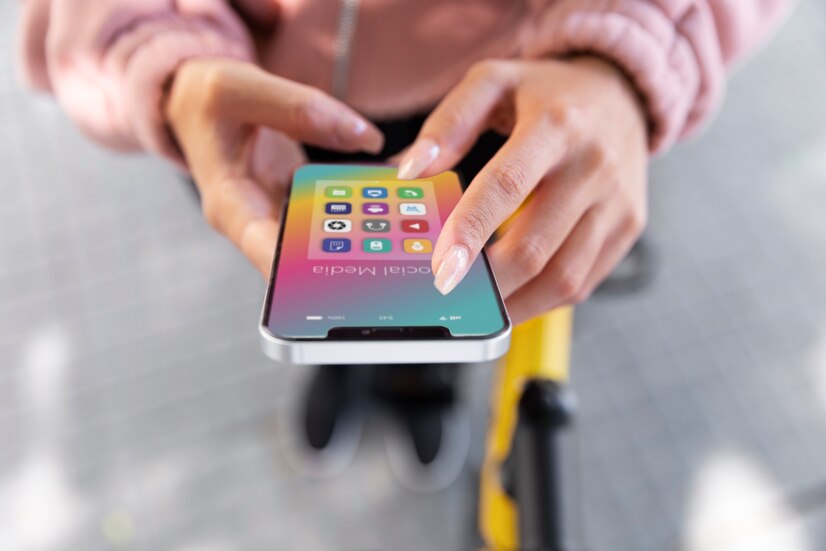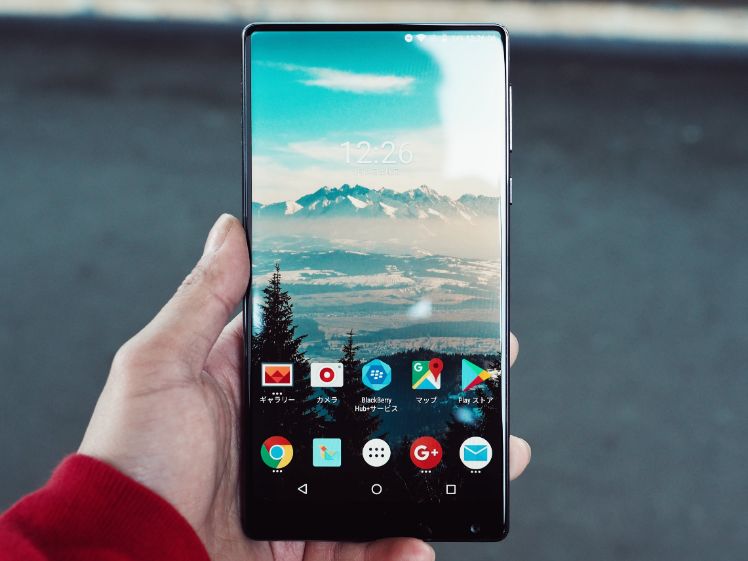A mobile app can be a goldmine for a company. It can serve as a tool to boost your sales, as a marketing device, or even a solution for optimising internal business processes. There are many ways a company can benefit from creating an application. However, there are also some ways, when you build an app, that can go wrong, but don’t worry we are here to help you to avoid this.
As experts in the software development industry, we give advice on the ideas of our clients to enable them to proceed to the next stage: the development process. This means we talk to many entrepreneurs and companies on a daily basis, including some who are not fully ready to realise their app idea.
1. Insufficient Research & Testing

Based on our experience, these are the six most common mistakes you should avoid when building an app for your business:
Before you start developing your app, make sure you have done the necessary research. Avoid jumping to conclusions and don’t base your app strategy on the first few hits from a Google search. Bear in mind that every app project and every development process is different because it’s based on a large variety of factors. In order to be able to tell someone what you exactly need to realise your app, you have to be able to answer this question yourself in the first place.
You might be interested | Everything You Need to Know to Start the iOS Development of your App
So, start by thinking carefully about the main purpose of your app, who your target audience is and how you are going to reach them. In case you want to earn money with your app you should think about a monetisation strategy. Besides, it’s highly-recommended to analyse your competitors and determine how you are going to differentiate yourself from the rest.
There are many people who have a great idea, but a limited technical background – and that’s ok. You don’t need to be a software engineer to create an amazing app. You do, however, need to understand that there could be 10 different options to realise your mobile application. That’s why it is so important to ensure that your product fits the market. How? By validating your idea, building a minimum viable product (MVP), and getting feedback from real users. This way you’ll discover if your app has the potential to succeed.
You might be interested in reading: How to define a good mobile app project
2. A Non-realistic Budget
Developing an application is no small expense. Why? Because the team that is required to realise your app – think about developers, designers, mobile marketing experts etc.– need to be paid for the hours they dedicate to your project. You could, of course, go for a cheaper route but that might affect the end result too.
Mobile devices use relatively new and changing technologies, and with the diversity of devices, it makes app development a complicated and time-consuming task. If you’re not sure what type of app fits your idea best, just ask a developer for some advice. He will surely be able to tell you if it’s better to develop a native, hybrid or web app.
Last but not least, don’t forget to keep part of your budget available for the maintenance of the app. Introducing new functions, correcting errors, updating outdated elements, refreshing the interface… All these things require updates executed by the development team.
3. Unclear Briefing & False Expectations
The best way to figure out how much your app would cost is to ask different companies and freelancers for estimates. You’ll notice for sure that there is a common thread in the average cost. If someone is offering you a much lower quote, make sure it won’t lead to a different result than you had in mind.
A clever way to avoid misunderstandings is to brief a developer about the exact features you want to add to your app by making it visual. Create simple sketches of the screens that you want to present to the user and write out what the functions are. Answer for each element in the sketch: “What should happen when you click on it?” and “What determines what is shown here?”
When it comes to choosing a development team to create your app, don’t let price be the only determining factor. It’s obviously important that the costs fit your budget but also take into account the trust the team transmit to you, the result of projects they’ve completed, and their way of working.

4. Too many Functionalities
Another common mistake is wanting to include all the possible functionalities you can think of. It’s great if you have lots of ideas – just keep in mind that all these functions will have a cost and a development time. The budget for a simple application will obviously not be the same as one that includes an overload of features. Besides, you don’t know (yet) if each function is going to be useful for your users or not.
In other words, it’s recommended to start with a basic app that fulfils the main purpose. From there, you can gradually add new features to improve it.

5. Betting on Unnecessary Operating Systems
The same goes for choosing the operating system(s) you want your app to run on. As you probably know, there are several operating systems in the world of mobile devices. The main ones are iOS and Android, which have approximately 95% of the global market share.
For the maximum reach of your app, it should run on both operating systems. The only thing is, that it will affect the cost. Building an app for Android and one for iOS requires two different development processes, and means that the cost will approximately double.
As mentioned in the previous topic, ask yourself if it’s worth doubling the development costs. Is it really necessary to release your app to the majority of devices from the start? It might be better to choose one operating system first and later expand to a second one.
✏️ Related article | The 6 Best Examples of Successful Super Apps
6. No Marketing Plan
Before investing too much time and effort in the development process, put time aside to think about the marketing strategy of the app. Creating a mobile app is one, but how are you going to reach your target audience once it’s launched?
There was a time when there was almost no competition in the app stores. You uploaded an application and if it had a slightly general title, for example, “Run Tracker”, you could get many downloads without any marketing. However, that’s unfortunately in the past.
Your app basically won’t sell itself anymore because of the growing competition. Therefore, a marketing strategy is vital to spread the word about your app. If you’re planning on launching something great, you obviously want people to know about it!

Wrapping up
When developing an application keep in mind that you are not going to build the perfect app on the first day. Your first version won’t have anything to do with version 10. It’s about improving step by step while observing the response of the users.
Another significant point to bear in mind is the budget you dedicate to the development of the first version. Remember to save a part to promote your application and maintain it. Nonetheless, make sure that, even if it is the first version, it starts in the best possible way. Work with people who truly have knowledge about building apps and who are able to give you the necessary support and advice during the entire process..
Finally, make sure you test your application with as many people as possible and try to evaluate what is happening. Eventually, it’s all about trial and error to reach success. Everyone makes mistakes, but it’s always better to avoid them if possible.
Are you looking for professional advice on your app idea? If you need support from app development experts, contact us! We are happy to help you.








